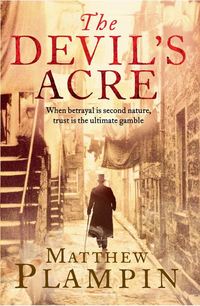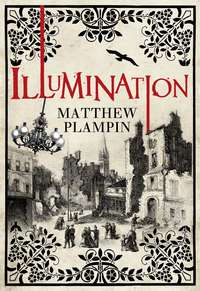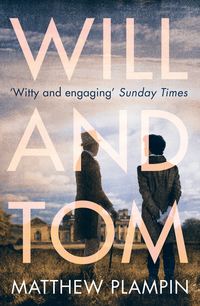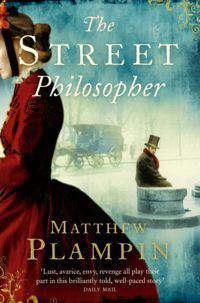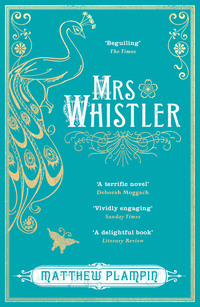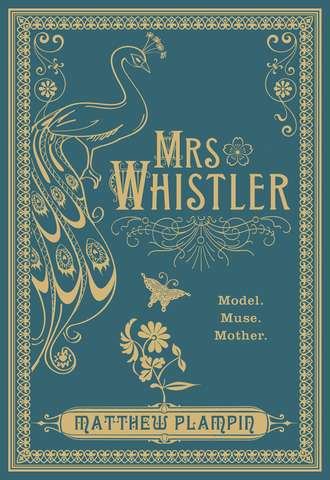
Полная версия
Mrs Whistler
‘The others? Jimmy, what in blazes—?’
‘There’s a box on the sill of the garden window.’ He was heading back to the hall. ‘I’ve been too supine again, my girl. Too goddamned supine!’
The door slammed, with finality this time. Maud saw him through the window, surging down the path and out along the pavement. She stood for a few seconds, coffee dripping from her fingertips, allowing the atmosphere to settle; then she reached over for the letter.
It was from Frederick Leyland, from his house in Liverpool, and a colder, more savage letter would be difficult to imagine. Jimmy had been seen walking with Mrs Leyland, apparently, at Lord’s Cricket Ground – where he told Maud he’d been the week before. This was a final straw for her husband. He stated that Jimmy was incapable of gentlemanly conduct, and that if he found him in Mrs Leyland’s company again he would give him a public horsewhipping. Maud covered her mouth; she almost laughed aloud. A horsewhipping. It was like a scene from a play, a melodrama, or a novel set long in the past. That someone would actually threaten to do it then, in London in 1877, seemed absurd. There could be no mistaking the letter’s sincerity, though. Leyland was serious.
Maud’s next thought was for Jimmy, and what he’d stormed off to do. Would he be so foolish as to confront Leyland – to test the fellow’s resolve? Of course he would. Should she give chase, then – catch him on the threshold, urge him to step away? No, that would never work; and besides, he had too much of a head start. She read the letter again. This was the new trouble with Leyland that he would not admit to her, and it had nothing to do with artworks or that blasted room. It was about the man’s wife.
Above Leyland’s address, in the top corner, was the number fourteen. This was what Jimmy had returned to the dining room to write. Maud recalled his instruction: put it with the others. She went down to the studio. Jimmy was bad with letters. Usually he had no system of arrangement or preservation, piling them on mantelpieces, on sideboards, on the floor, to be gathered up like so much litter and thrown away. But there it was: a small wooden box, plain in design, containing letters from Leyland, drafts of Jimmy’s replies and a couple of telegrams, numbered from one to thirteen. These papers told the whole sorry story, from the dispute over the dining room to this current chapter: the attack and counter-attack of two very different voices. Jimmy’s flippancy was startling, as were his efforts to divide up this family, to draw distinctions between the husband and the wife; whereas his adversary remained scrupulously formal, his language rigid and brittle – cracking as the quarrel worsened to reveal a real viciousness beneath.
Maud returned the letters to the box; she pressed down on the lid as if trying to hold them in. The house around her was quiet. She looked up, out into the garden. John was sitting by the gate, smoking a small pipe, idling in the absence of his master. Behind her, she realised, across the studio, the portrait of Frances Leyland had been put on an easel – returned from the cellar, if it had ever been there. The subject was turned away from the viewer, her hands clasped at the base of her back. She was part Japanese maiden, part medieval princess, the diaphanous, pinkish fabric of her gown heaping upon the chequered matting like a train. Jimmy had taken her in profile, head angled to the left, her rich brown hair – a similar tone to Maud’s own – wound up loosely on her head. It appeared the pose of a moment, but Maud remembered very well the dreadful ache you’d get in your neck after six straight hours of standing like that. She’d never really seen Mrs Leyland in person. There’d been that time at Prince’s Gate, when Jimmy was finishing off his mural; but she’d been in shadow then, merely a lady sweeping into a hallway. Here she looked rather melancholy, gazing at the pale blossoms dotted beside her as if lost in reflection and regret.
It was a fine work, rightly considered one of Jimmy’s best. Maud had seen it before, of course, dozens of times. Now, though, she did find herself wondering why the painting was still in his possession, as it was surely finished and should be with the family – with the husband who’d ordered and paid for it many years previously. They were friends, Jimmy and Mrs Leyland. This she knew. There was a long-standing friendship with the whole family that was several years older than his connection with her. But had she been missing something here, something really rather obvious? Was it there in the portrait – in the sympathetic, faintly adoring way that Mrs Leyland had been painted? Was Jimmy actually in love with this woman?
The jealousy was devilishly sharp, a hot blade against the skin; but even as Maud flinched, a part of her was qualifying, setting out the broader view, warning herself against over-reaction. What could she expect here at Lindsey Row, in the end? What could she ever really be to Jimmy Whistler? No promises had been made, as Edie so liked to remind her. There was little feeling that they were building towards anything, towards any kind of change. She’d just sent their child for fostering, for heaven’s sake, so that their circumstances could stay the same. Their child. That sweet scrap. Hers for minutes. Now in the care of strangers.
And what would she be left with? What would she be without Jimmy? A compromised woman. An artist’s model, her best years already gone. An aspiring painter who couldn’t even bring herself to pick up a brush. She dropped onto a rickety, paint-flecked stool, head sinking to her knees, dull with despair once more.
This would not do. She would not be led down this path. She sat up straight, wiped her eyes and made a determined effort to order her thoughts. John was gone by now – as was Mrs Cossins, off on her errands. The house was empty. Raised in a tenement, sleeping three to a bed, Maud had always savoured these stretches of solitude at Lindsey Row. She’d read, or draw; leaf through Jimmy’s albums of Japanese prints, with their blossom-blotted branches and firework displays and tall bamboo bridges, or his many boxes of photographs; or simply watch the light move through the empty rooms. That day, however, she felt blank, without appetite or inclination. She forced herself to think of art. The sky was overcast, muting the garden’s colours, so she decided instead upon a self-portrait. This, according to Jimmy, was an exercise quite essential to a painter’s growth – to his sense of what he could do and where he was heading. Rembrandt, he’d say, as if the name was an argument in itself. Velázquez.
Maud chose a sheet of red paper and a piece of chalk, put a wicker chair before a mirror and considered her face. She’d thought herself prepared, but still saw the shift in her own expression – the dismay. The eyes had a bruised squint; the skin was pallid, waxen; yet the problem ran rather deeper than that. Sad, she thought, setting down her materials. I look profoundly sad.
She stood at various windows. She went upstairs and sat on the bed. The summer sun broke through the clouds, the floor growing bright around her feet; and the notion arrived, sudden and irresistible, of travelling north. Of finding Edie, in Lionel Crossley’s office or wherever she might be, and learning the address of the foster family – Edie had it, Maud was sure, even though she’d never admitted as much – and visiting her daughter. This could happen. It would be so simple. She’d let a month pass. More than a month. They were both in this same city. They were a mere handful of miles apart. Why shouldn’t Ione know who she was – why shouldn’t she be held by her mother? She might be smiling by now. She’d surely smile at her.
Maud wasn’t aware of having made the choice to go – only of being at the end of their path, pushing open the gate in a hat and a jacket that did not match, running the coins in her pocket through her fingers to check she had enough for the fare. Glancing downriver, she saw a lone woman about twenty yards along the Row, over at the rail, gazing out at the water. It was Rosa Corder, clad in a bright coral gown. Maud was in no mood to talk with her. She’d been tight at the Café Royal that night, but not so much that she had no memory of what Rosa had said about Ione – about the fostering, and how it had been so necessary
Конец ознакомительного фрагмента.
Текст предоставлен ООО «ЛитРес».
Прочитайте эту книгу целиком, купив полную легальную версию на ЛитРес.
Безопасно оплатить книгу можно банковской картой Visa, MasterCard, Maestro, со счета мобильного телефона, с платежного терминала, в салоне МТС или Связной, через PayPal, WebMoney, Яндекс.Деньги, QIWI Кошелек, бонусными картами или другим удобным Вам способом.


